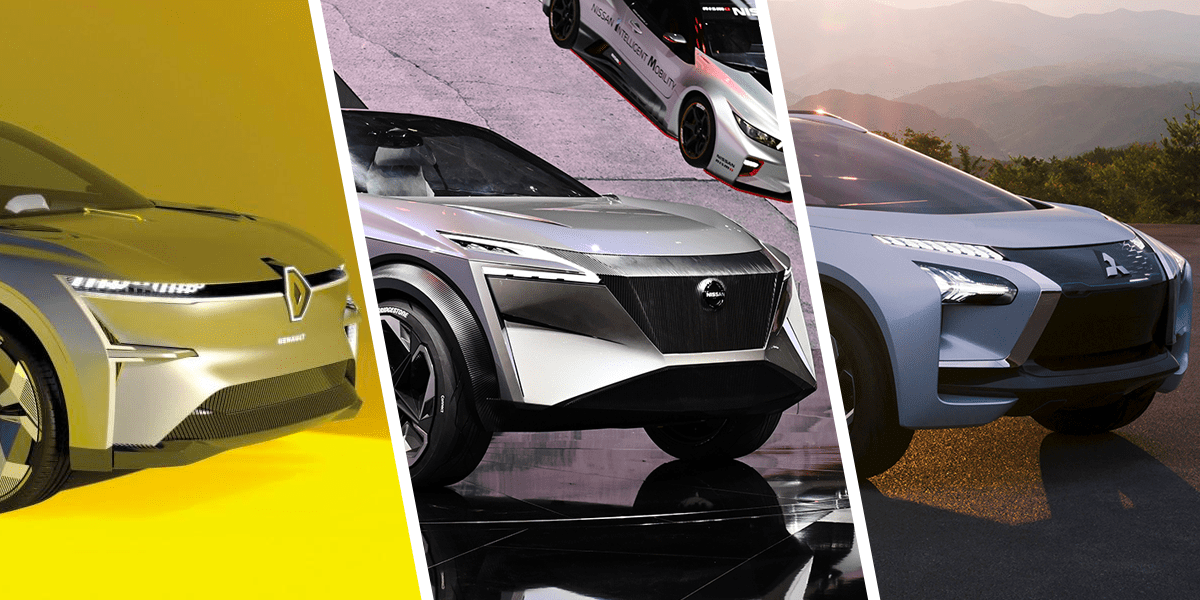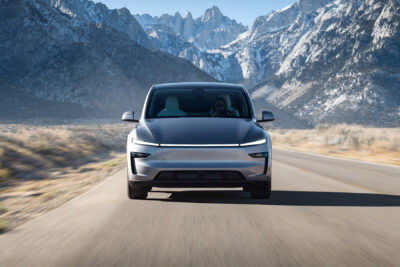Another Renault, Nissan & Mitsubishi EV alliance?
A Japanese news site claims that Renault, Nissan and Mitsubishi have a plan that will expand their alliance. In May, the three companies plan to start jointly developing electric vehicles and automated driving technologies.
They also plan to consolidate production and share logistics and warehouses, according to The Yomiuri Shimbun. In the field of electric vehicles, the alliance plans to increase the number of jointly developed models. This is to include small cars, compact cars and small and large SUVs, which are to be launched on the market by the 2023 fiscal year. In addition to the chassis, Nissan, Renault and Mitsubishi also want to share electric motors and batteries, according to the report.
However, there is no speculation about technical data or specific models. Such a far-reaching cooperation could, however, significantly change the range of electric models offered by the companies involved. Up to now, many developments have taken place separately; the two bestsellers from Nissan and Renault are both in-house developments. Nor have they cooperated in the planning of further electric models: There are no counterparts from Nissan or Mitsubishi for vehicles such as the announced Twingo Z.E. or the low-priced electric SUV City KZ-E aimed for the Chinese market, which is to be launched in Europe as the Dacia.
This is not the only thing that is set to change in view of the electrification. In the future, some of the vehicles are to be produced in joint factories to increase capacity utilisation. Specifically, plants in South America and Russia were apparently mentioned. Particularly Nissan has built up expensive overcapacities in some plants after the growth forecast under former CEO Carlos Ghosn did not materialise as expected.
Intensified cooperation between the multinational partners is also supposed affect the area of autonomous driving. Here Nissan has already developed a corresponding system in the form of ‘ProPilot’ and offers the semi-autonomous functions in the Leaf, for example. This Nissan technology is already offered in some Mitsubishi models and, according to the report, will also be installed in Renault vehicles in the future. Development in this area has so far been the sole responsibility of Nissan, but in the future, advances in this field are to be carried out jointly.
As yet, representatives from Nissan and Renault have not commented on the reported developments. It will be interesting to see what company announcements will be made May.





0 Comments